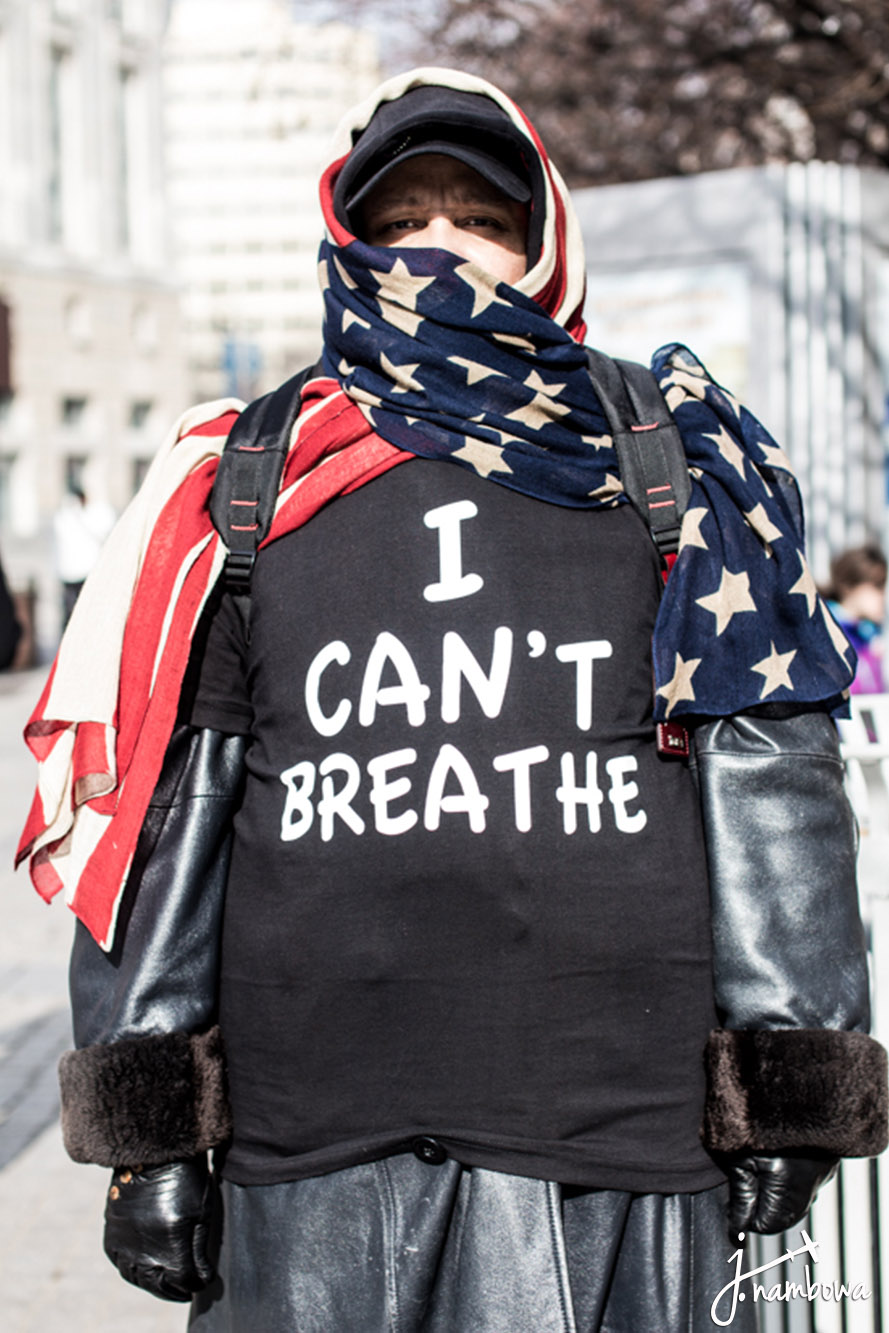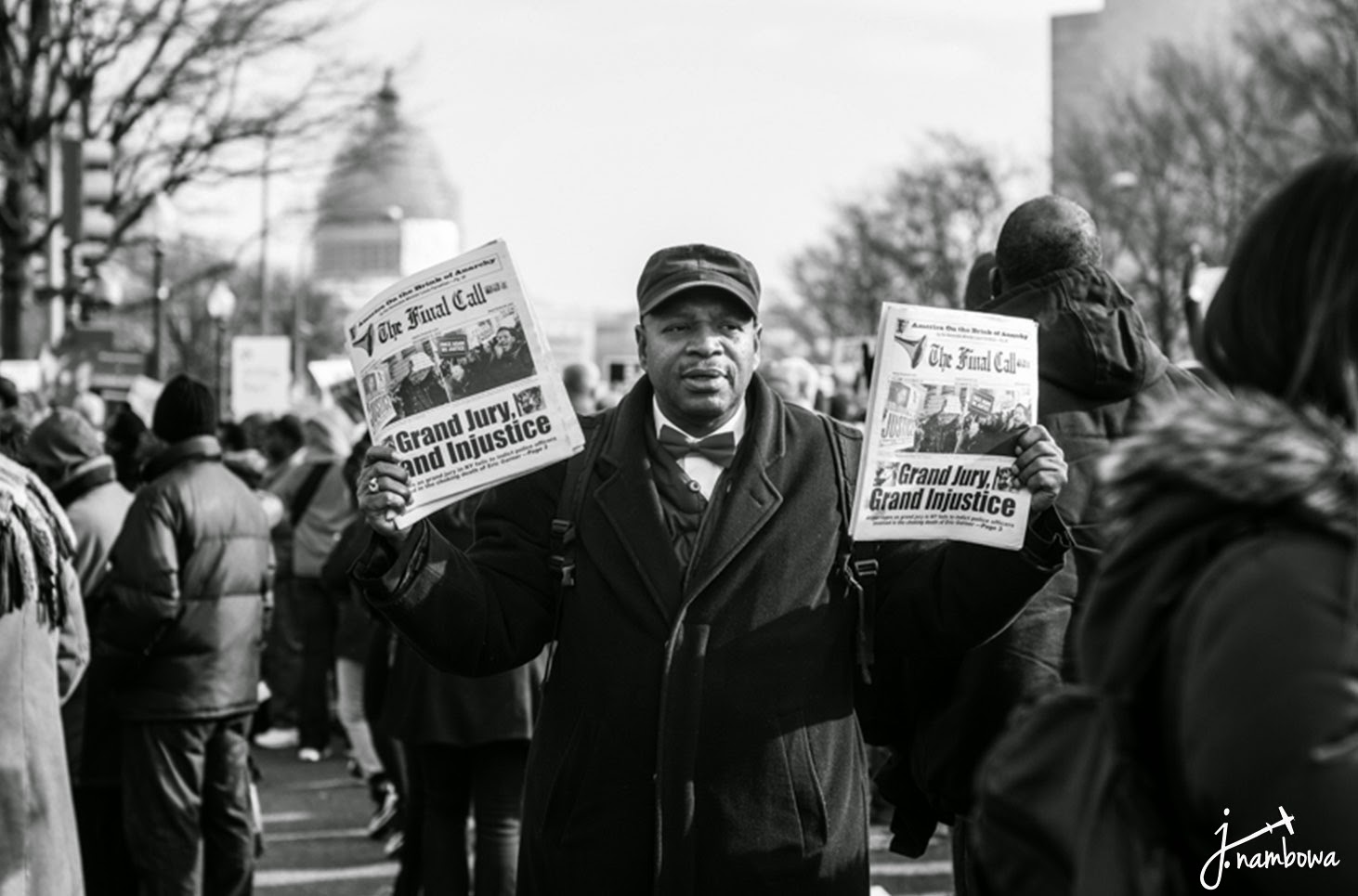World Economic Forum Davos 2012: Ensuring Food Security
During the last week, private and public sector leaders, along with government representatives from around the world met for the annual World Economic Forum Meeting in Davos to discuss economic problems in an attempt to develop solutions to improve the world. Since the world food crisis in 2007, agriculture has been at the top of global agendas, as food insecurity and malnutrition persist. WEF has produced a New Vision for Agriculture Model with support from various actors in the private and public sectors, in order to take concrete action towards the improvements in agricultural production and food security.
This panel discussion was a representation of the actors that are involved in the New Vision for agriculture. Representing governments were Ngozi Okonjo-Iweala, Coordinating Minister for the Economy and Minister of Finance of Nigeria and Bruno Le Maire, Minister of Agriculture, Food, Fishing, Rural Affairs and Spatial Planning of France. On behalf of the public sector were José Graziano da Silva, the new Director-General, Food and Agriculture Organization of the United Nations (FAO) and William H. Gates III, Co-Chair, Bill & Melinda Gates Foundation. Finally the private sector was represented by Stefan Lippe, Chief Executive Officer, Swiss Re and Paul Polman, Chief Executive Officer, Unilever and Co-Chair of the World Economic Forum Annual Meeting 2012.
The video, though long, is a worthwhile watch with some speakers proving to be more interesting or simply better speakers than others. Ngozi Okonjo-Iweala was one of my favorites as she represented a government in need and seemingly a government that is committed to doing more in the agricultural sector, she points out “government alone can not do it, the link with the private sector is key.”
Another speaker who really made an impact was France’s Bruno Le Maire. Having been privy to being present at the first meeting in July to address the crisis in the Horn of Africa, of which he was chair, I was familiar with his passion to get things done. His speaking points during Davos only solidify his and France’s commitment to doing more in agriculture. He proclaimed that one of the key achievements of France’s chairmanship of the G-20 was actually taken concrete action towards improvements in the sector. He remarked, “We have to stop making big statements and big declarations. we need to put practical solutions on the table…Hunger is a moral disaster for the world.”
To my slight disappointment, FAO’s new DG José Graziano da Silva, was not as impactful as I would have hoped. Having been an integral part of Brazil’s “Fome Zero” program and now heading the largest UN agency for agriculture, he did not do very well in answering questions clearly and concisely. Though it is only his first month in office so I am sure in the coming months he will become a much stronger speaker.
While the content of the video didn’t necessarily offer new solutions or even new information for how to combat hunger, malnutrition and low agricultural production, for me the video inspires hope. When you see all of the necessary players from various sectors coming together and talking passionately about the need for solutions and actions that they have already taken, it truly confirms for me the choice that I have made in focusing my career in development on agriculture. Improving agricultural productivity and the value-added of the sector can truly begin to not only increase food security and nutrition, but it has the power to increase incomes and raise people out of poverty.



